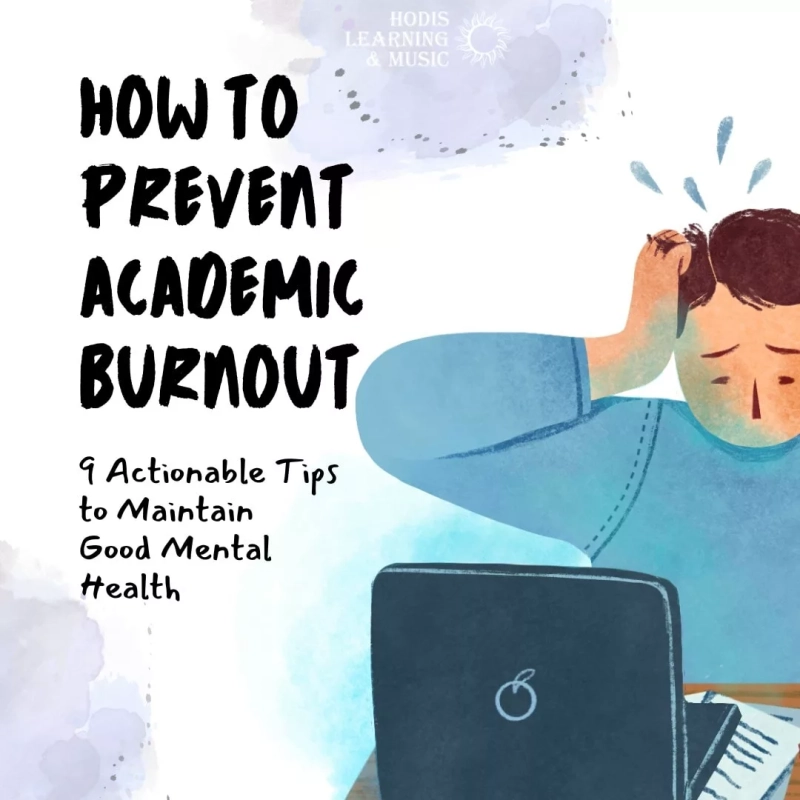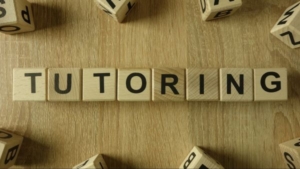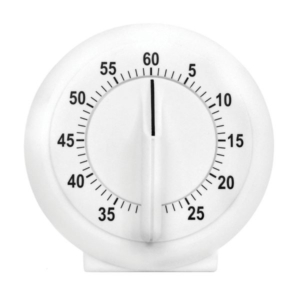Sometimes students find themselves working really hard in all of their classes, studying at all hours, and aiming for straight A’s and perfect test scores. But after a few months, students often find themselves feeling tired all the time, irritable, disinterested in school, and unmotivated to do anything related to classes. In fact, these situations may devolve to the point where students no longer meet important deadlines, lose confidence in their academic abilities, and fall into bad habits like overeating or nail biting. This process is called academic burnout.
It arises from devoting too much time and energy to school and neglecting other needs and desires. So how do you prevent academic burnout? It really all comes down to self-care. The following list offers actionable self-care items to prevent academic burnout or to shift out of a state of burnout.
(1.) Make Time for Activities That Bring You Joy
Taking a break from studying and doing something fun like going to the movies or taking a trip to the beach can help students reset before they get back into their studies. It is helpful to block out time in your schedule for leisure activities.
(2.) Make Time for Social Activities
Along the same lines as the first suggestion, social activities provide a mental break from studying. Hanging out with good friends not only helps students feel supported and accepted, but also relieves stress and anxiety.
(3.) Exercise Regularly
Sitting all day is not good for students’ minds or bodies. Experts recommend that people get at least 150 minutes of moderate exercise or 90 minutes of intense aerobic exercise weekly to improve cardiovascular health, reduce stress, and boost mental health. This may look like going on a run three times a week for 30 minutes at a time or going on a brisk walk five times a week for 30 minutes at a time.
(4.) Go Outside
Being in nature has been shown to reduce stress and boost mental health. Going on five or ten minute walks in the neighborhood during study breaks is an easy way to check this self-care activity off your list for the day.
(5.) Make Good Connections with Teachers and Peers
Feeling connected to your teacher and peers will make class feel more like a welcoming environment instead of a purely stressful one.
(6.) Set Reasonable Goals
You’re likely not going to get 100% on every single exam. Set goals that are reasonable within your time and energy constraints. Respecting your needs with reasonable goals will actually help you perform better by giving you more energy, motivation, and peace.
(7.) Work on Your Time-Management Skills
Managing time wisely is a skill that will reduce stress and create more peace throughout your entire life. Creating to-do lists and blocking out specific times for your activities in a calendar are two excellent yet simple ways to manage your time. Managing your time well will prevent procrastination.
(8.) Refine Your Study Skills
Many students who experience burnout tend to study hard, but may not be studying efficiently or effectively. Learn how to develop your study skills by reading our Building Strong Study Skills Series (see our study skills Roadmap) or by meeting with one of our expert tutors.
(9.) Ask for Help When You Need It
There’s nothing wrong with needing help. If you’re struggling with cultivating the above self-care skills, ask someone who you trust to help you. Or if you’re finding a concept or course to be challenging, ask someone who you know will be able to help and who won’t feel burdened by your request. You can always hire one of our expert tutors to guide you through any challenging course.
Self-care is an invaluable skill that will help any student succeed in academics and in all other aspects of their life. Begin utilizing these tools now to prevent yourself from burning out. And be patient with yourself – it may take time to learn these tools and successfully apply them to your life.








